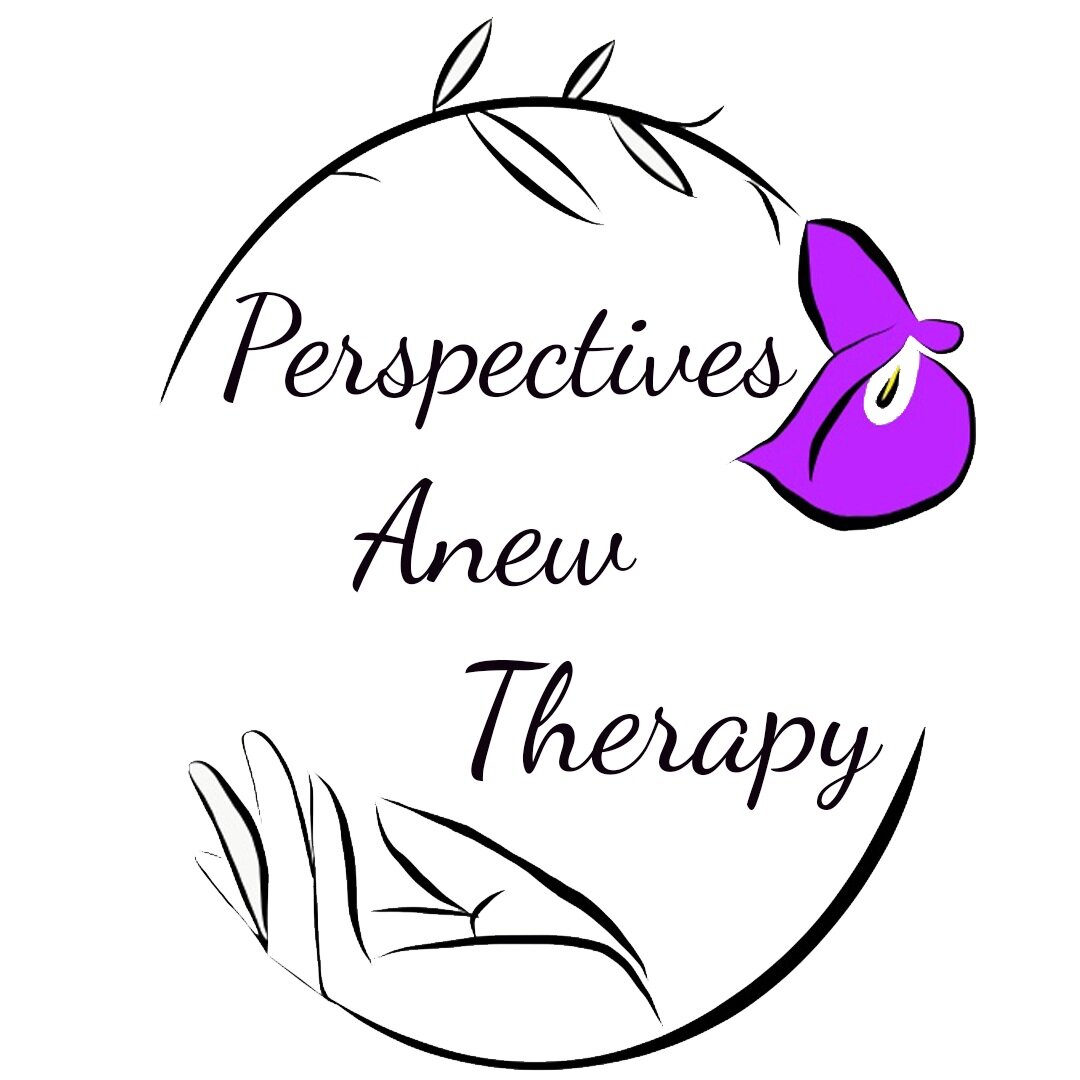The Importance of Journaling
Journaling helps us to understand and identify our thoughts and feelings while gaining control of our emotions. When feelings become overwhelming it’s important to find healthy habits to express your feelings so they don’t impact your mood or day-to-day life. Journaling helps to manage anxiety, reduce stress, cope with depression, help prioritize problems and fears, track symptoms and recognize triggers, and is a space for positive self-talk while identifying negative thoughts and behaviors.
Writing in your journal can be done at any point in the day, however it’s recommended to try and do it at a routine time for 20 minutes daily. If 20 minutes is too much try building up to that over time and just focus on the act of journaling daily. If you struggle with expressing yourself with words, drawing how you feel is a perfect alternative to writing. Do not worry about proper grammar or punctuation, your journal is a safe space only for you that should be a judgment-free zone. Also, use whatever format is more comfortable for you when writing! This can be making a list, writing songs or poems, drawing, writing a letter to someone, writing a story, or making bullet points.
The most important part about journaling is to remember it is a judgment-free zone. Negative emotions such as shame, guilt, or embarrassment should be expressed in healthy ways without limiting or ignoring your negative thoughts and feelings. Write about what has happened to you, how you feel about past, present, and future situations, and any fears you may have. If you face difficulty identifying how you feel while journaling, write in a stream of consciousness, meaning you write down any word(s) that come to mind.
Source: Mental Health America, University of Rochester Medical Center
